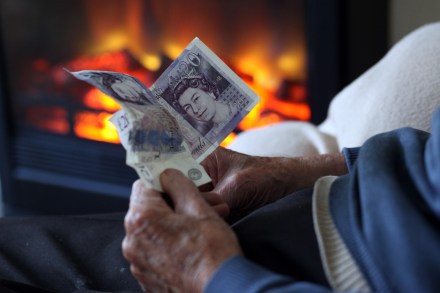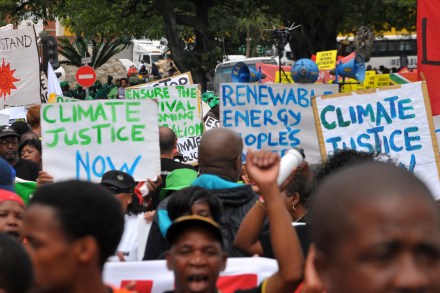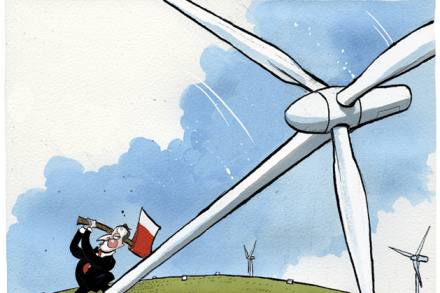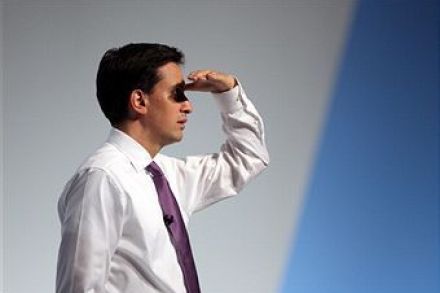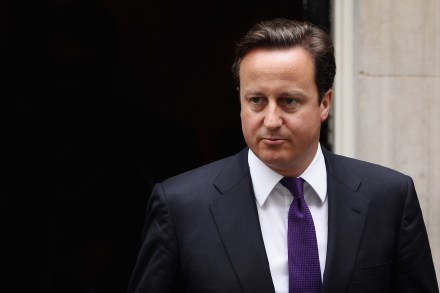The green squeeze
Bjorn Lomborg’s article on why Germany is cutting back on its support for solar power is well worth reading and has clear implication for this country’s debate about energy policy. As Lomborg argues: ‘there is a fundamental problem with subsidizing inefficient green technology: it is affordable only if it is done in tiny, tokenistic amounts. Using the government’s generous subsidies, Germans installed 7.5 gigawatts of photovoltaic (PV) capacity last year, more than double what the government had deemed “acceptable.” It is estimated that this increase alone will lead to a $260 hike in the average consumer’s annual power bill.’ At a time when living standards are being squeezed, these increases







